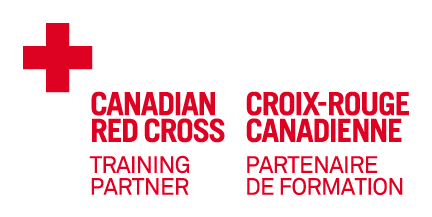Most Canadian out of date in first aid and CPR: Red Cross survey
Barbara Turnbull – LIFE REPORTER
Nearly half of us have had to perform first aid in an emergency but few of us are qualified to do so. Most of us say we can recognize a life-threatening health emergency — like choking or cardiac arrest — but fewer than half believe we have the skills to save that life.
A Canadian Red Cross poll conducted by IPSOS in July also found that 58 per cent of those who have had to provide first aid performed it on a family member; 40 per cent helped a stranger, 34 per cent assisted a friend and 31 per cent helped a colleague.
The poll included 2,015 Canadians, 1,086 women and 929 men.
Almost 40 per cent said they have had to perform first aid in situations involving choking, cardiac arrest, heart attack, anaphylactic shock, concussion or heat.
One in three said they have never taken a first aid course, though 25 per cent say they would like to. Just 7 per cent say they have no interest in a first-aid course.
For World First Aid Day on Sept. 8, the Red Cross is calling on Canadians to take advantage of one of its first aid and CPR programs that have been available to Canadians for more than 50 years.
Newmarket resident Kelly McCarthy credits her Red Cross first-aid and CPR training for giving her the skills that helped her care to her husband when he suffered an aneurysm at home two years ago. She had also trained as a water-safety instructor and says her practice in this area helped her quell panic: “I was surprisingly calm when it did happen” she recalls.
Just 22 per cent of Ontario residents are currently certified in first aid. Nearly 70 per cent have taken a first aid course however 69 per cent of those certifications have lapsed and the training is out of date.
To find a course near you visit redcross.ca/article.asp?id=000005&tid=003redcross.ca.
In case of emergency …
• Losing more than 470 mL (two cups) of blood — through internal or external bleeding — is a life-threatening emergency.
• Not everyone experiences chest pain during a heart attack. Two thirds of heart attacks happen in the home.
• Several songs have the perfect number of beats per minute to maintain the best rhythm for performing CPR: Stayin’ Alive by the Bee Gees; Back to Life by Soul II Soul; Lay Your Hands on Me by Bon Jovi; Heartbreaker by Mariah Carey; and Rock Your Body by Justin Timberlake.
• It’s a myth that you can breat hyperventilation by breathing into a paper bag. The best treatment is to coach the person to breathe more slowly.
• If teeth get knocked out, put them in milk. It creates a protective layer around the tooth supporting the root’s cells and tissues.
• In a suspected broken ankle, leaving the shoe on can act as a splint while help is sought.
• To treat snake bite, don’t apply ice to the wound, suck out the venom or use a tourniquet. It’s better to keep the injured site still and lower than the heart and to get medical help as quickly as possible. It is better to carry the injured person than to have him or her walk.





